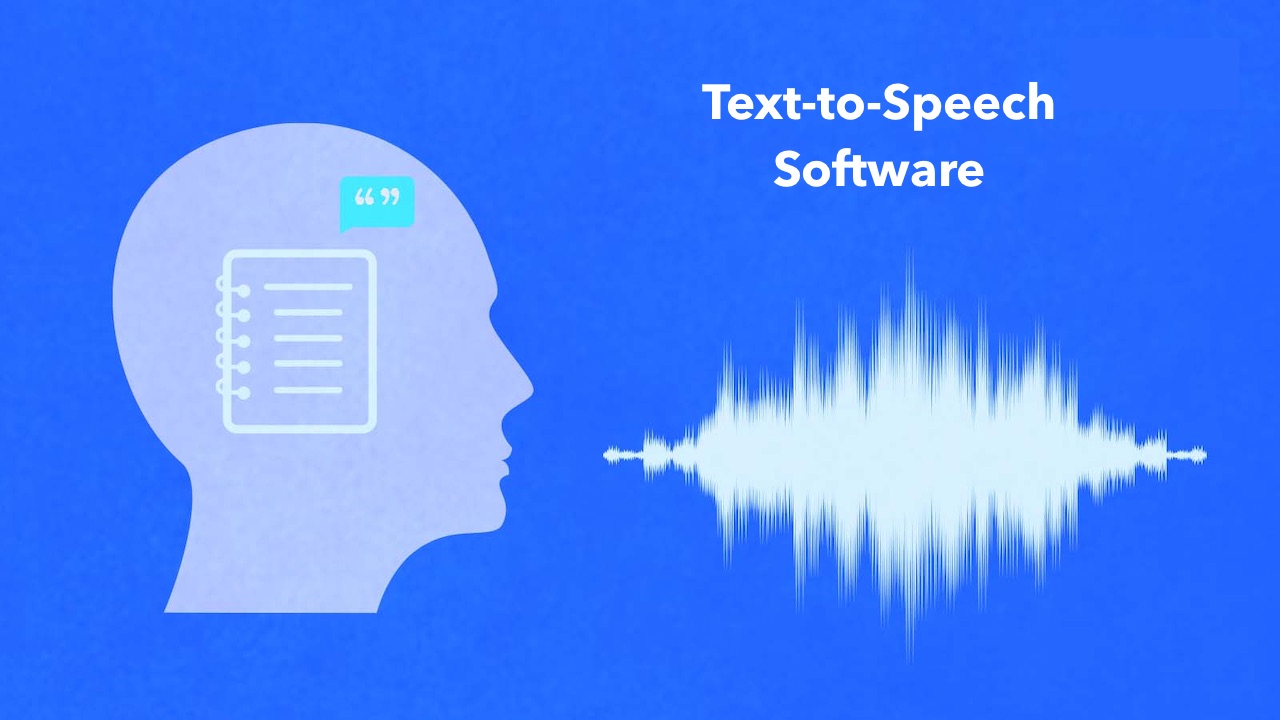TTS stands for Text-to-Speech, a technology that converts written text into spoken words using pre-recorded or artificially generated human-like voices. It has practical applications in speech accessibility, audio versions of written content, and voice assistants. TTS is constantly evolving with advancements in AI and machine learning. Prime Group offers various TTS voices in different languages.

What are the limits of TTS?
While Text-to-Speech (TTS) technology has made significant progress in recent years, there are still some limitations to the quality and effectiveness of TTS systems. Some of the main limitations of TTS include the following:
Lack of Naturalness: Synthesized speech still needs human speech’s naturalness, prosody, and variability. Sometimes, the synthesized speech can sound robotic, stilted, or monotonous, negatively impacting the user experience.
Limited Emotion and Expressiveness: TTS systems cannot yet replicate human speech’s full range of emotional and expressive qualities. While some systems can simulate emotions like anger, happiness, and sadness, they often lack the subtle nuances of human speech that convey more complex emotions. Since computers are not sensitive enough to context, they ignore emotions and feelings, so TTS has become a tool for announcements involving rules and regulations (court, police, customs, etc.).
Difficulty with Accented or Non-Native Languages: TTS systems need help pronouncing words in non-standard (like brand names) or non-native accents, which can lead to inaccurate or misinterpreted speech.
Complex or Technical Vocabulary: TTS systems need help pronouncing complex or technical vocabulary (medical jargon for example), which can lead to misinterpretation or confusion for the listener.
Limited Contextual Understanding: TTS systems rely on complex algorithms and language models to convert text to speech, but they still need to understand the context or intent of the text entirely. This can lead to misinterpretation or mispronunciation of words or phrases.
TTS still has limitations to its accuracy and naturalness. TTS is best used for straightforward content where naturalness and emotional expressiveness are less critical. Human voice actors or natural language processing technology may be more appropriate for more complex or nuanced content.



